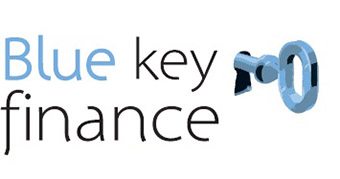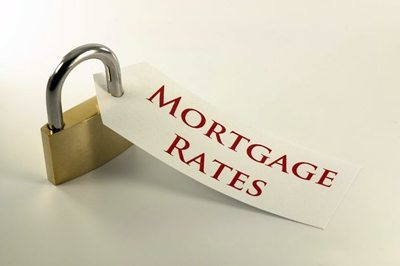Fixed vs variable home loans
To fix or not to fix
If you’re about to buy a house or you’re looking to refinance you may be asking yourself, should I fix my home loan or not? Like most decisions, there are pros and cons for each option. Here are some things to think about to help you decide.
Pros and cons of fixed rate home loans
Fixed home loans have an interest rate that is fixed for a set period of time – often 1, 3 or 5 years. At the end of the fixed term, the loan will usually switch to the standard variable rate offered by the lender.
Here are some advantages of fixing your home loan:
- Makes budgeting easier – You know exactly what your repayments will be, so you can plan ahead and set financial goals with confidence.
- Rate rises won’t affect you – If interest rates rise above your fixed rate, you will be happy knowing you are paying less than the variable rate.
But there are some disadvantages with fixing your loan:
- Rate drops won’t apply to you – You won’t benefit from a drop in interest rates if your fixed rate is more than the variable rate.
- Limits on extra repayments – Additional loan repayments are often not allowed with fixed rate loans or repayments may be capped at a low amount or only permitted with a fee.
- Do you need to redraw? – A redraw facility may not be offered on a fixed rate loan.
- Break fees – Fixed rate loans may have a break fee if you change or pay off your loan within the fixed rate period.
This kind of loan may not be suitable if you are thinking about selling your home or want the freedom to switch home loans if you find a better deal.
What you’ll gain and lose with a variable rate home loan
If you don’t fix your loan, your interest rate will move with changes to market interest rates. This means the interest rate can rise or fall over the term of your loan. As a result, your repayments will ‘vary’ as the rate changes.
Here are some advantages of a variable rate home loan:
- You can make extra repayments – Extra repayments are usually allowed at no extra cost, which can save you interest and help you pay off your loan sooner.
- More features – Variable loans often have attractive features such as unlimited redraws on any additional repayments or the ability to save on interest by setting up an offset account.
- Easier to switch loans – It is usually easier and cheaper to switch loans if you find a better deal elsewhere if you have a variable rate home loan.
Here are some disadvantages of a variable rate loan:
- Makes budgeting harder – It can be difficult to budget with certainty as loan repayments can increase when interest rates change.
- Mortgage stress – If you aren’t prepared for a rate rise you may have trouble keeping up with repayments/
Splitting your loan – part fixed and part variable
Another option is to make a bet both ways by having a part fixed, part variable interest rate. A split loan allows you to manage some of the risks of interest rate rises while still being able to make extra repayments.
There’s generally no limit to the way you can split the loan, so you can allocate the fund 50/50 or 20/80 – the decision is up to you.
Whatever loan you decide to take out, it needs to work for you. That means the loan should have the features, flexibility and fees that are most appropriate for your needs.
No one can accurately predict how interest rates will move, so it’s important to choose a loan with the features that work for you, and then get the best possible mortgage deal you can.
If you haven’t already, click here to download our FREE E-Book on “Refinancing” or email us instead and we’ll send it to you within 24 hours.




Leave a Reply
Want to join the discussion?Feel free to contribute!